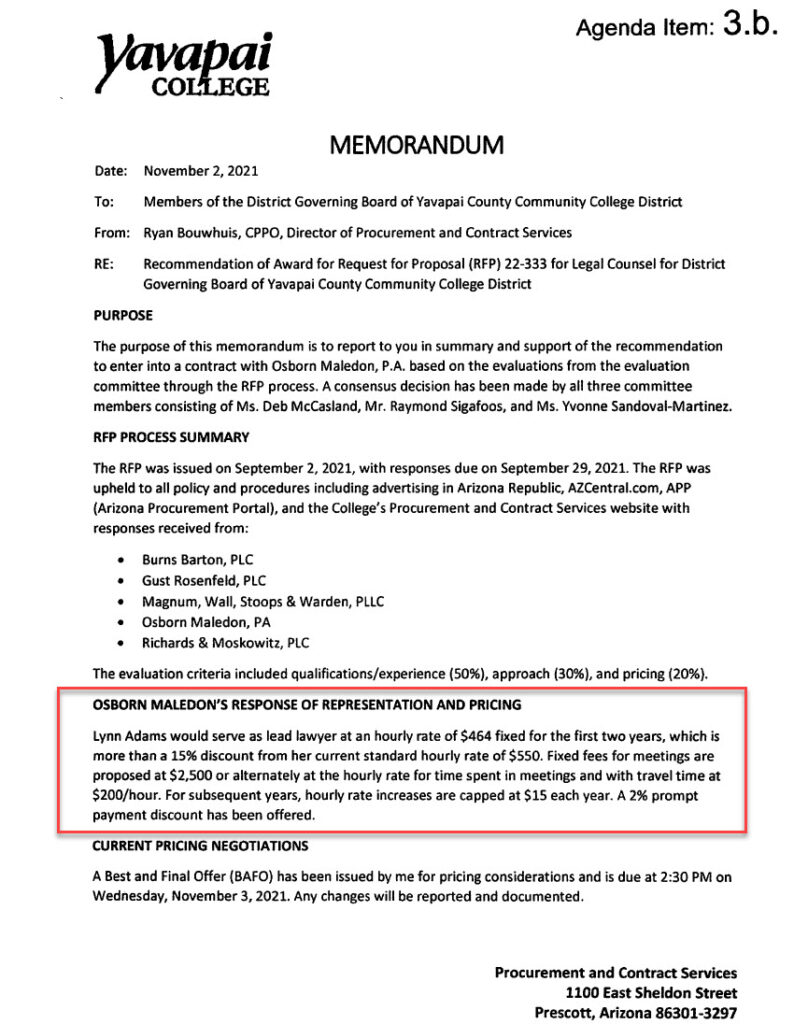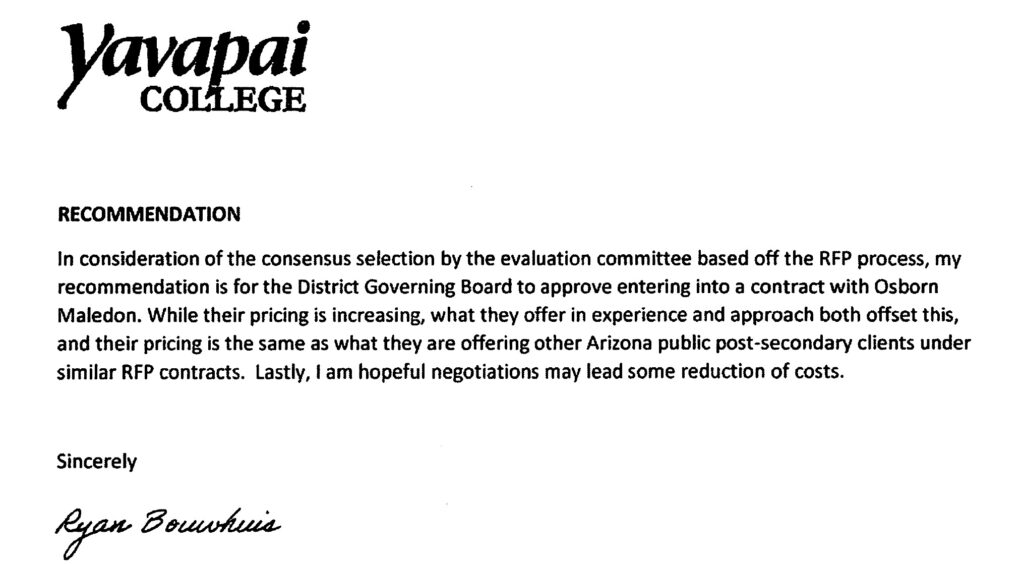Enrollment has leaped from 213 students in 2020 to 564 students in the Performing Arts program on Prescott Campus by fall 2021, which is a 165 percent increase
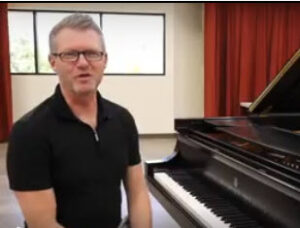
Director of Programming and Development, Associate Dean of Performing Arts Dr. Craig Ralston
Dr. Craig Ralston, the Director of Programming and Development, Associate Dean of Performing Arts at Yavapai Community College, reported the enormous success of the performing arts program during the November 9 District Governing Board meeting. According to him, enrollment in fall 2021 had jumped from 213 students in 2020 to 564 students in the fall 2021.
The Performing Arts Department now has eleven programs with a wide range of classes being offered within each program. For example, there are 12 classes offered in the theatre program in the spring 2022 on the Prescott campus. For another example, there are 42 music classes being offered in voice in the spring 2022. (Two voice classes were offered by the Community College at the Sedona Center for the spring 2022. Because enrollment leaped when the registration was announced in the two voices classes and they are almost full, two more were added. All voice classes at the Sedona Center are taught by the same instructor.)
Under Dr. Ralston’s guidance, the Community College began a series of outdoor concerts in Prescott Valley this past year that drew audiences of 1,000 or more. He has also brilliantly begun bringing hundreds of high school students to the Prescott Campus by offering a variety of workshops and festivals involving the Performing Arts Department. A great marketing effort.
Dr. Ralson has worked tirelessly to find ways to bring a limited variety of programs to Sedona and the Verde Valley, which, although small in comparison to the enormous Prescott operation, has found receptive, appreciative audiences. The audiences in the Verde Valley are tiny when compared with those on the Prescott side of Mingus Mountain.
A short video clip of a portion of Dr. Ralston’s presentation to the Governing Board appears below with him explaining the various programs. The entire video of the Governing Board meeting may be available at sometime in the future when the College posts it on the Governing Board website.
 Valerie and Daniel Wood were named Yavapai Community College’s 2021 Verde Valley Alumni of the Year. The award exemplifies the recipients commitment to scholarship, character and public service.
Valerie and Daniel Wood were named Yavapai Community College’s 2021 Verde Valley Alumni of the Year. The award exemplifies the recipients commitment to scholarship, character and public service. The Yavapai College District Governing Board will hold a Workshop one Tuesday, November 16, 2021 from 9:00 a.m. – 4:00 p.m. at the Career and Technical Education Center, 220 Ruger Road, Prescott, AZ 86301. Because of concerns over the increase in Covid-19, the public may attend the workshop meeting online only via YouTube Link: https://www.youtube.com/user/YavapaiCollege. There will be no Call to the Public on the agenda for this Workshop meeting.
The Yavapai College District Governing Board will hold a Workshop one Tuesday, November 16, 2021 from 9:00 a.m. – 4:00 p.m. at the Career and Technical Education Center, 220 Ruger Road, Prescott, AZ 86301. Because of concerns over the increase in Covid-19, the public may attend the workshop meeting online only via YouTube Link: https://www.youtube.com/user/YavapaiCollege. There will be no Call to the Public on the agenda for this Workshop meeting.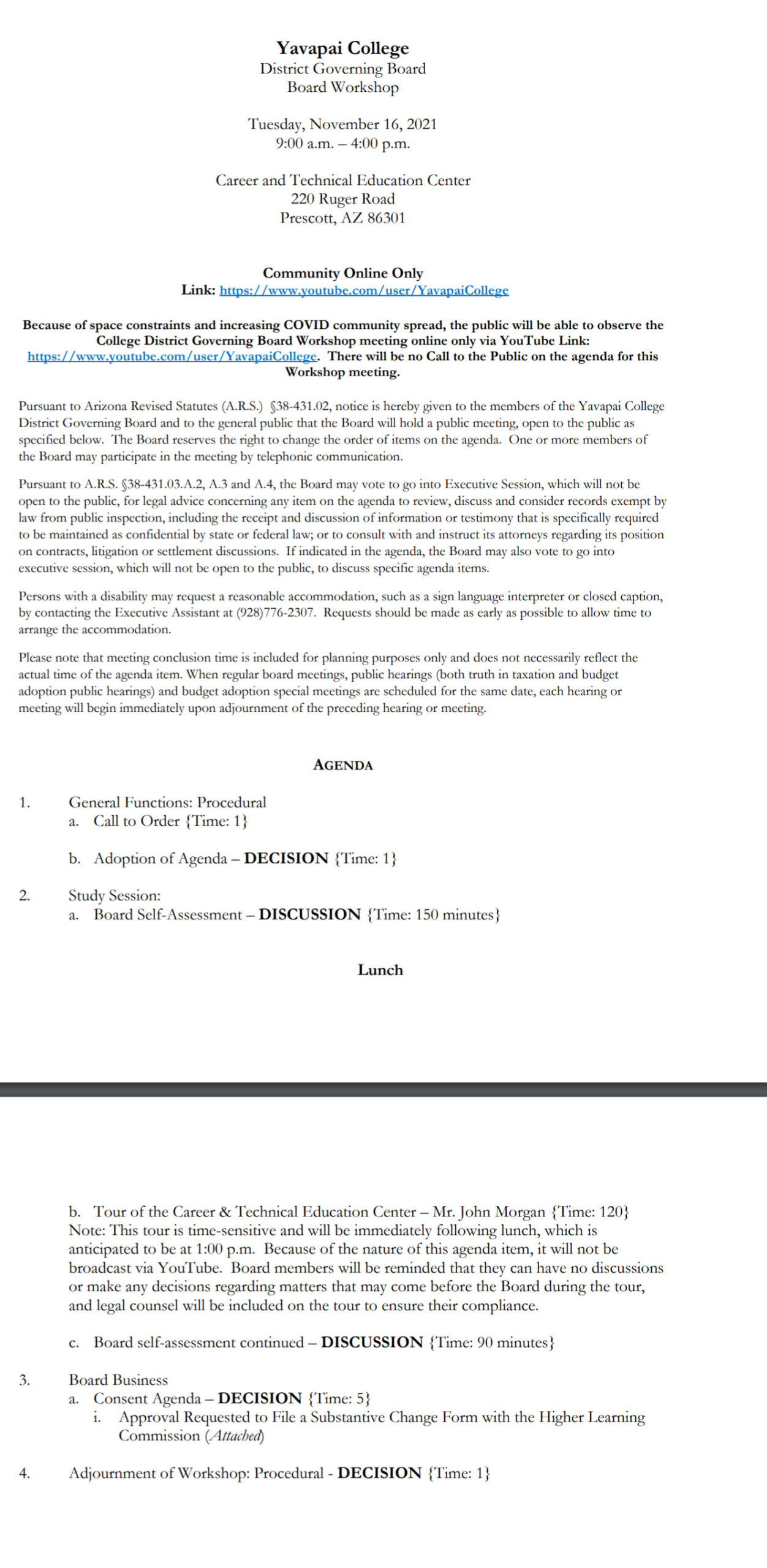

 According to a November 12 story in the Arizona Republic by Alison Steinbach, Maricopa and Pima community Colleges will require employees to be fully vaccinated against COVID-19 to meet federal mandates. The community colleges are following President Joe Biden’s executive order for federal contractors, which requires all employees to be fully vaccinated, with limited accommodations.
According to a November 12 story in the Arizona Republic by Alison Steinbach, Maricopa and Pima community Colleges will require employees to be fully vaccinated against COVID-19 to meet federal mandates. The community colleges are following President Joe Biden’s executive order for federal contractors, which requires all employees to be fully vaccinated, with limited accommodations.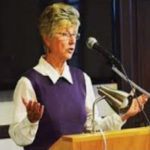

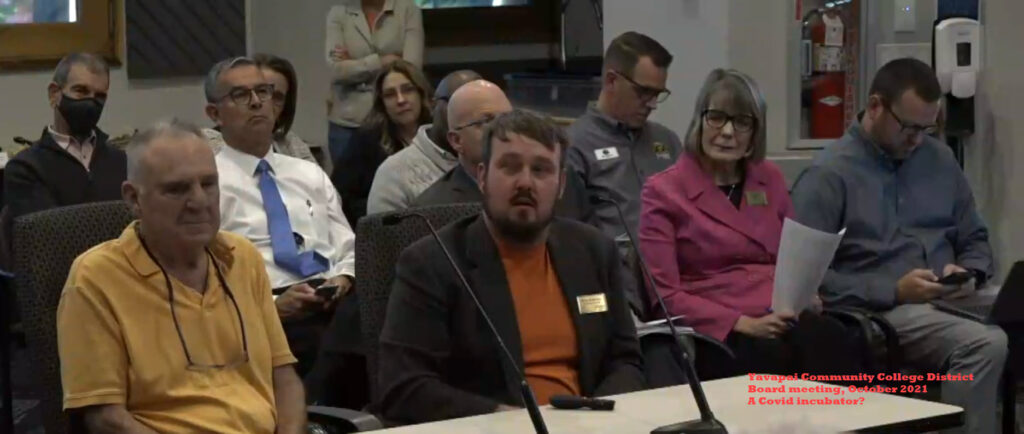
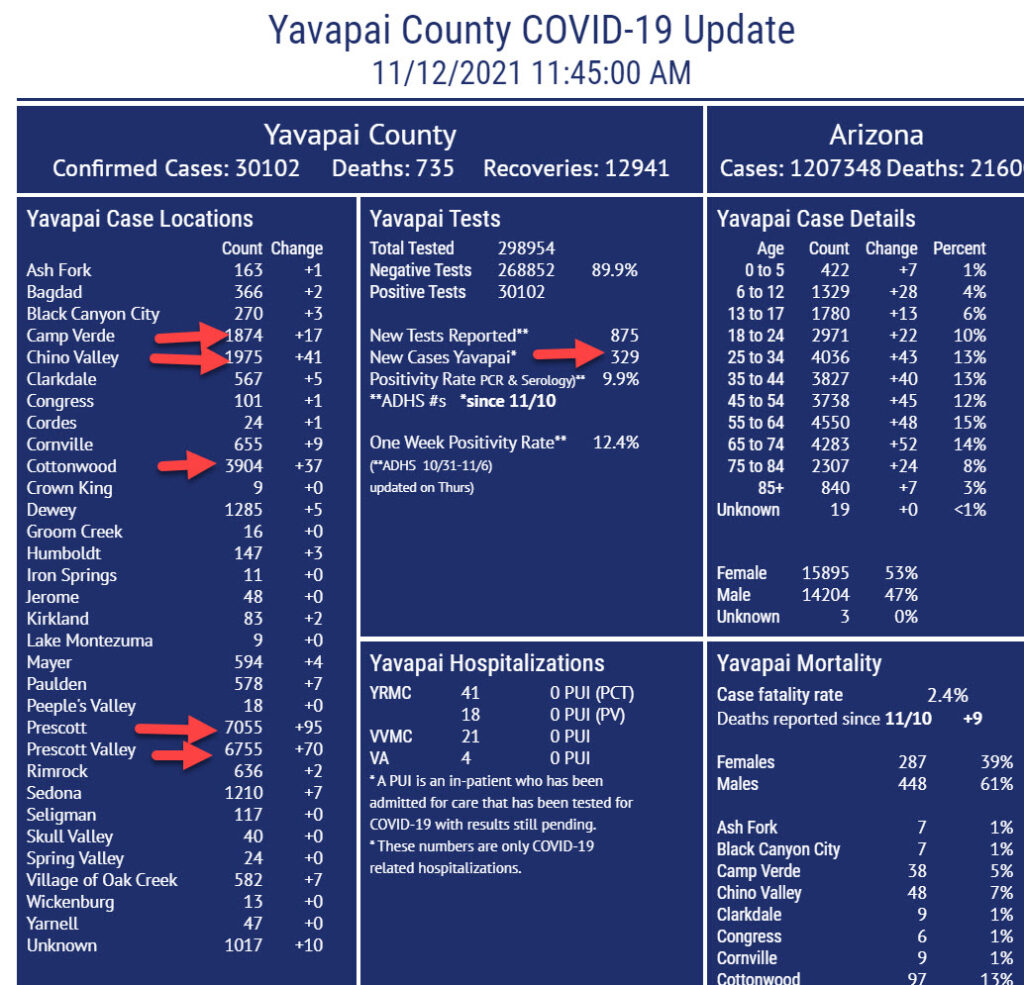
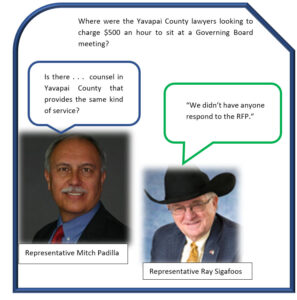 According to a memo provided to the Governing Board, five law firms submitted applications for the job. (See memo below.) Under the Osborn Maledon proposal, it will be paid $464 per hour or a fixed maximum of $2,500 for one of its lawyers to attend a single Governing Board meeting. In addition, the lawyer will receive $200 per hour while driving to and from Phoenix to attend the meeting in Yavapai County. (See memo below.)
According to a memo provided to the Governing Board, five law firms submitted applications for the job. (See memo below.) Under the Osborn Maledon proposal, it will be paid $464 per hour or a fixed maximum of $2,500 for one of its lawyers to attend a single Governing Board meeting. In addition, the lawyer will receive $200 per hour while driving to and from Phoenix to attend the meeting in Yavapai County. (See memo below.)